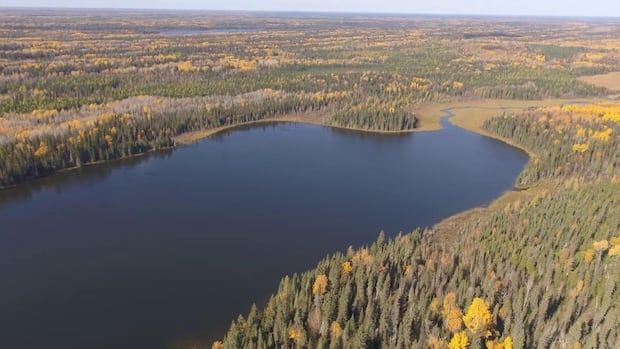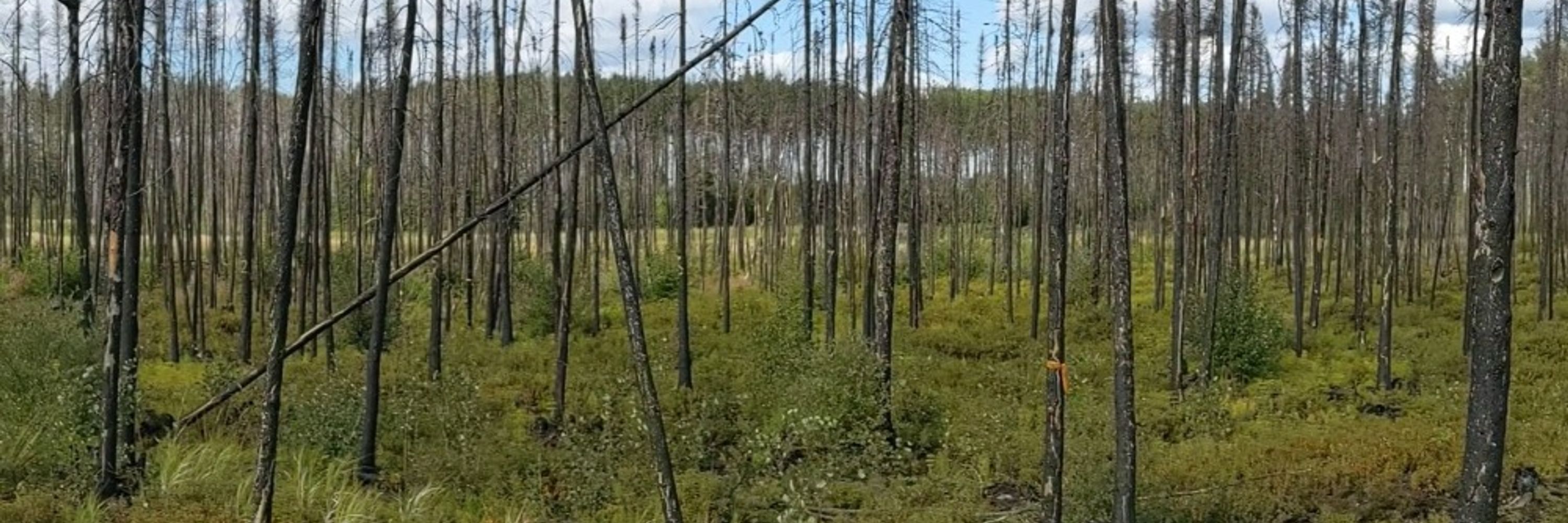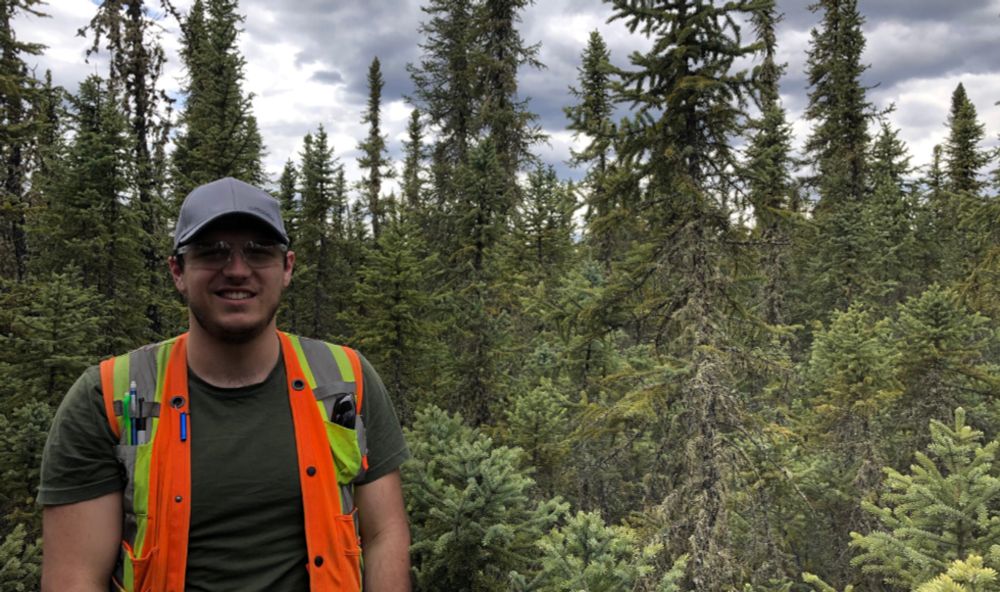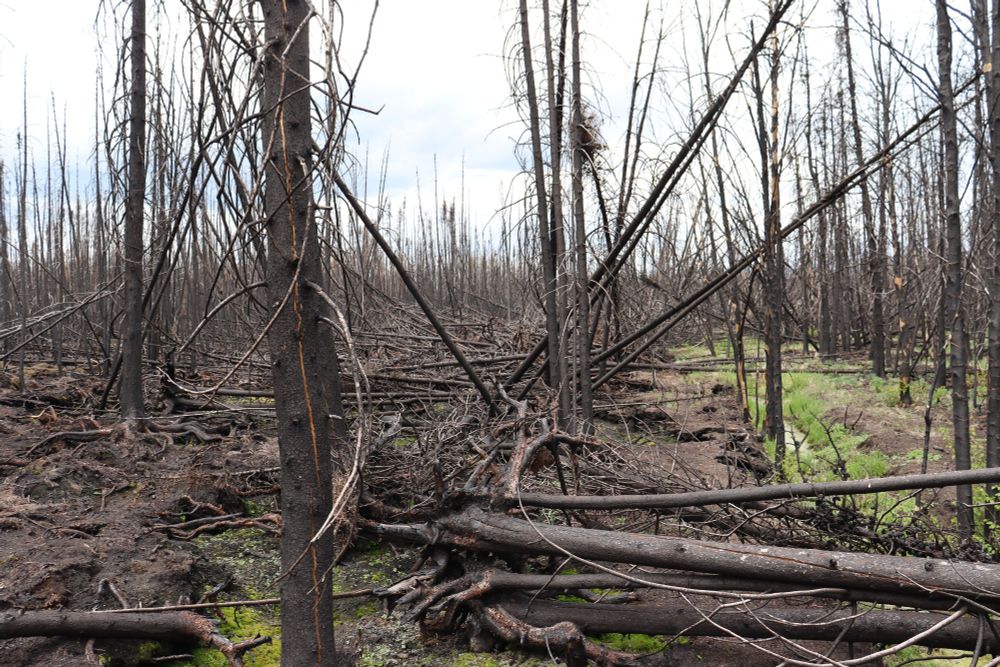Greg Verkaik
@gregverkaik.bsky.social
4K followers
48 following
10 posts
PhD Candidate | McMaster University | Peatland Wildfire Ecohydrology | he/him | gregverkaik.ca
Posts
Media
Videos
Starter Packs
Reposted by Greg Verkaik
Reposted by Greg Verkaik
Maria Strack
@wetland-ghg.bsky.social
· Jul 21

Carbon emissions from Canada's wildfires are spiking. But that's not counting our vast peatlands | CBC News
A new government model to estimate peatland emissions and their impact on climate change could provide a new perspective on the problem — and spark new discussions about solutions.
www.cbc.ca
Greg Verkaik
@gregverkaik.bsky.social
· Jul 21

Carbon emissions from Canada's wildfires are spiking. But that's not counting our vast peatlands | CBC News
A new government model to estimate peatland emissions and their impact on climate change could provide a new perspective on the problem — and spark new discussions about solutions.
www.cbc.ca
Reposted by Greg Verkaik
David Olefeldt
@olefeldt.bsky.social
· Jul 20

Carbon emissions from Canada's wildfires are spiking. But that's not counting our vast peatlands | CBC News
A new government model to estimate peatland emissions and their impact on climate change could provide a new perspective on the problem — and spark new discussions about solutions.
www.cbc.ca
Greg Verkaik
@gregverkaik.bsky.social
· Jul 14
Greg Verkaik
@gregverkaik.bsky.social
· Jul 14
Greg Verkaik
@gregverkaik.bsky.social
· Jul 14
Reposted by Greg Verkaik
Reposted by Greg Verkaik












